German Longhaired Pointer
German Longhaired Pointer is s versatile, family-oriented gun dog. These dogs are closely related to the German Wirehaired Pointers, German Shorthaired Pointers, and Large Munsterlanders. Although they are extremely good hunters with great athleticism, they are also gentle, loyal, and loving dog breeds.
In Germany, these dogs are called Deutsch-Langhaar. German Longhaired Pointers are suited for active people and families who spend most of their days outside. For this dog to be happy, you will have to provide him with a lot of daily activities.

Height:
22-28 in (56-71 cm)

Weight:
55-80 lb (25-36 kg)

Origin:
Germany

Life Expectancy:
12-14 years
Dog Breed Characteristics
Grooming
German Longhaired Pointer requires regular care for him to look good. They shed year-round, so you must brush them weekly to keep the amount of hair under control.
German Longhaired Pointer coat colors:
- Brown
- Brown with white
- Dark roan
- Pale roan
- Mottled – many small brown spots on white background
- Brown and white
The rest is basic care; trim their nails when needed (if they don't wear them down naturally), brush their teeth weekly to prevent tartar buildup and bacteria development. Regularly check their ears for any sign of redness or a bad odor that can indicate an infection.
You can wipe their ears with a cotton ball dipped into an ear cleaner. The key for your dog to get used to all things mentioned above is to start early with them. Make a positive experience for the dog, full of praises and rewards, and you can be sure that your dog will enjoy all these things when they grow up.
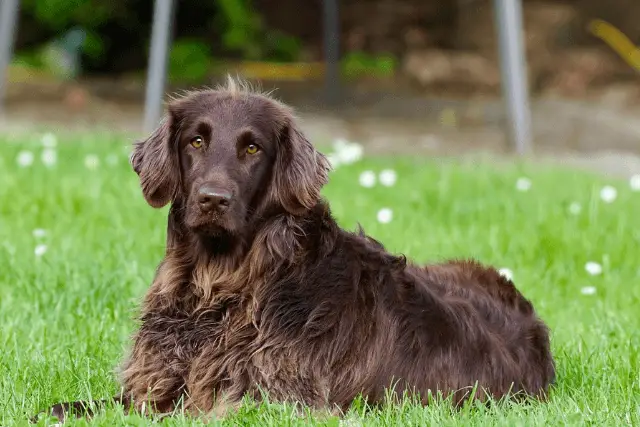
Exercise and training
The German Longhaired Pointer is widely known as a true hunting breed. Hunting breeds are usually extremely active, and they need a decent amount of daily exercise if you want them to behave like family pets. Only when their activity needs are fulfilled are these dogs ready to train and become obedient?
They love to be outside and be part of the action, whether running and chasing balls, playing, jumping, or jogging. If you are thinking about getting a German Longhaired Pointer, make sure you have enough free time and energy to spend outside playing and training your German Longhaired Pointer. If your schedule can’t allow you that, consider getting some less active breed.
Like with any other breed, the German Longhaired Pointer reacts best to positive training methods. Their natural hunting instincts are always present, and their hunting skills only need to be sharpened. If you are training them to become house pets, you will need to include many treats and praises.
Make training a fun and interesting experience, and you will start noticing good results pretty soon. Never use punishment as a training method; correct the dog’s unwanted behavior calmly and continue training. Negative training methods can result in shy or even aggressive dogs.
Personality
The German Longhaired Pointer might be a hunting breed, but they can quickly adapt to family living and a beloved family pet’s role. These dogs have become a lot better adapted to house life through selective breeding, and their hunting instincts and working ability haven’t been promoted so strongly.
If they are adequately trained, the German Longhaired Pointer can become as good a pet as any other breed. They will have a lot more energy than your average lap dog, but if you live an active life, you can have a great companion that will gladly follow you on all your adventures.
These dogs can even learn to coexist with other pets, but they should never be left unsupervised with smaller pets because of their genetic prey drive.
German Longhaired Pointer and children
Early socialization and proper training can teach them to behave even when children are around. If you train and socialize your dog well, your children will get a great playing partner that has plenty of energy. These dogs can play for hours upon hours without getting tired or bored.
Children should never be left alone with any dog, no matter what breed it might be. You should make sure that your children understand how to approach dogs of this breed and understand how to interact and play with them properly.
German Longhaired Pointer and other pets
These dogs can get along well with other dogs and can enjoy their company. They are not the best fit for other pets. They have a strong prey drive, so they will most likely try and catch smaller animals such as gerbils, hamsters, squirrels, or rabbits.
They can learn to get along with the pets they are raised with, but our advice would be never to leave them unattended.
Health
The German Longhaired Pointer is generally considered a healthy breed, but they are prone to some health issues and concerns like any other dog breed. These dogs have an average lifespan of 12-14 years.
When getting any breed, the breeder must show you the health tests that they have done for their breeding dogs. Dogs must be adequately tested because taking a chance and hoping that the puppy’s parents are healthy is a risk no one should ever take.
Only healthy dogs should be bred because that is the only way to ensure that bloodlines will remain healthy and without any problems.
Health problems associated with this breed are;
- Hypothyroidism - A health problem caused by the hyperproduction of hormones from the thyroid gland.
- Hip dysplasia - Genetic problem affecting hips resulting from an improperly formed hip joint.
- Gastric Torsion - Also known as bloat. A dangerous condition that causes the stomach to twist (torsion).
Breeders
This dog breed is not for everyone, and we advise you that you do your research before you go after the German Longhaired Pointer. You will need to dedicate your time and energy to training and socialization if you want to end up with a dog you can control.
When searching for German Longhaired Pointer breeders, always buy a dog from a responsible and official breeder. By doing so, you can be sure that you will get the best possible dog because a good breeder takes good care of their breeding dogs and their puppies. If you have any questions or doubts, any good breeder will welcome your questions because they also want their puppies to go into a good home.
World Dog Finder team

Updated at31.08.2023.
Breed History
German Longhaired Pointer is one of the oldest pointer dogs. Many of these dogs can be found in paintings. The first standard of these dogs was written in 1987 by Baron von Schorlemer.
FUN FACT: German Longhaired Pointers have been officially accepted in the American Kennel Club in 2010.
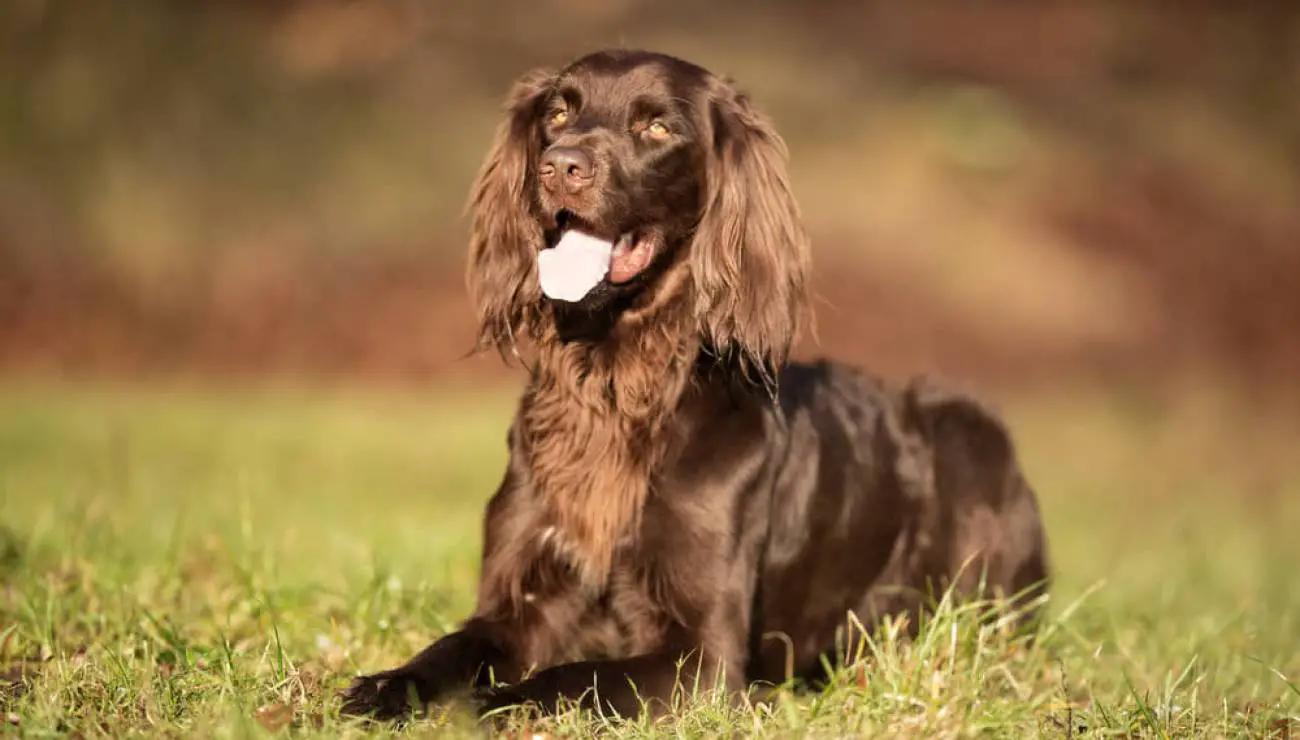
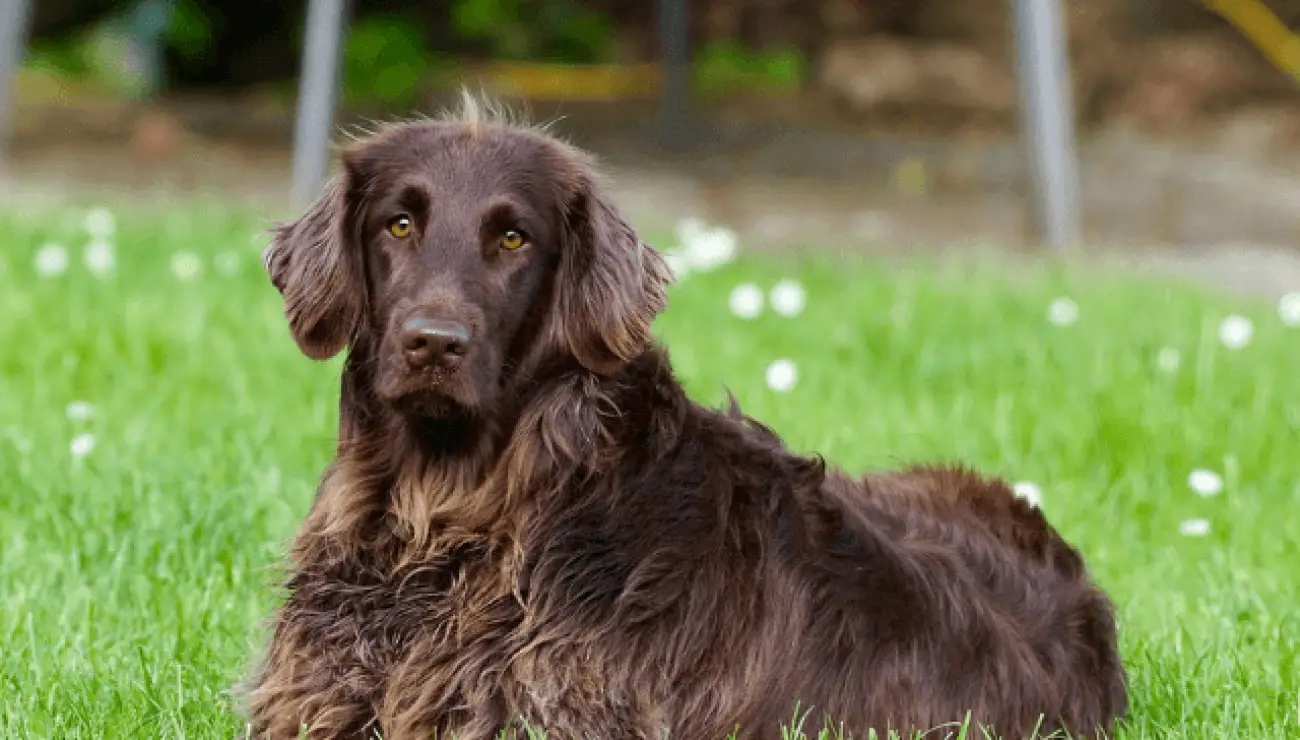
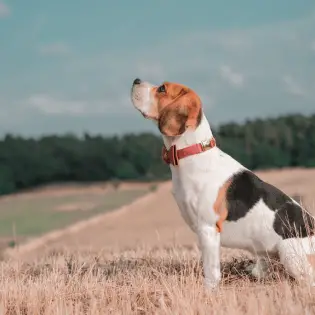
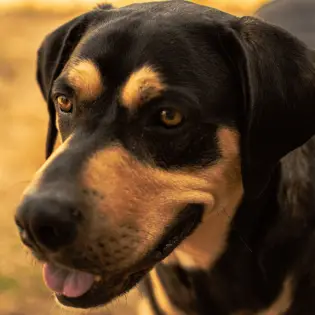
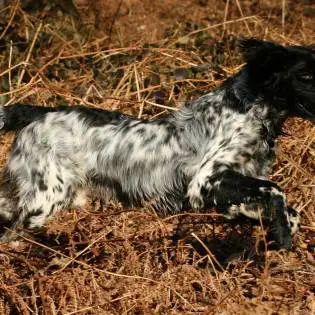
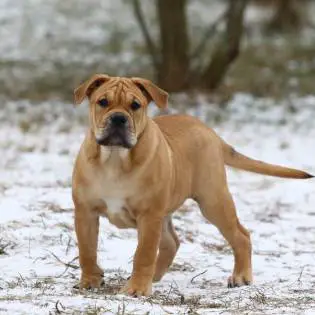
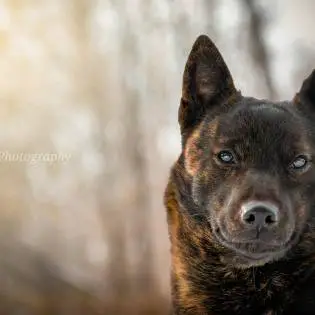
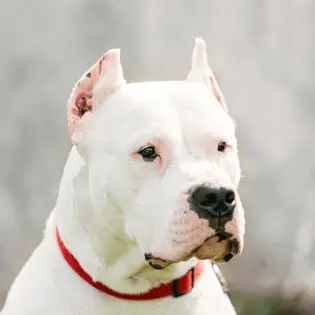
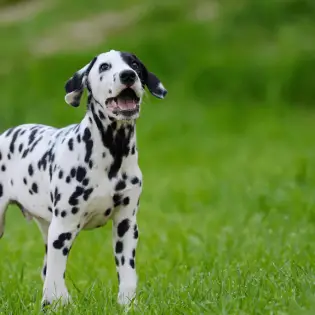

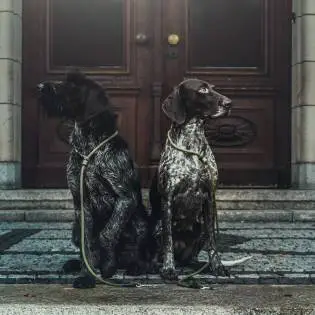
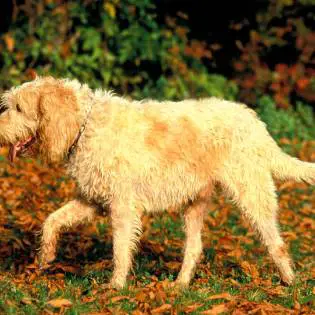

Share